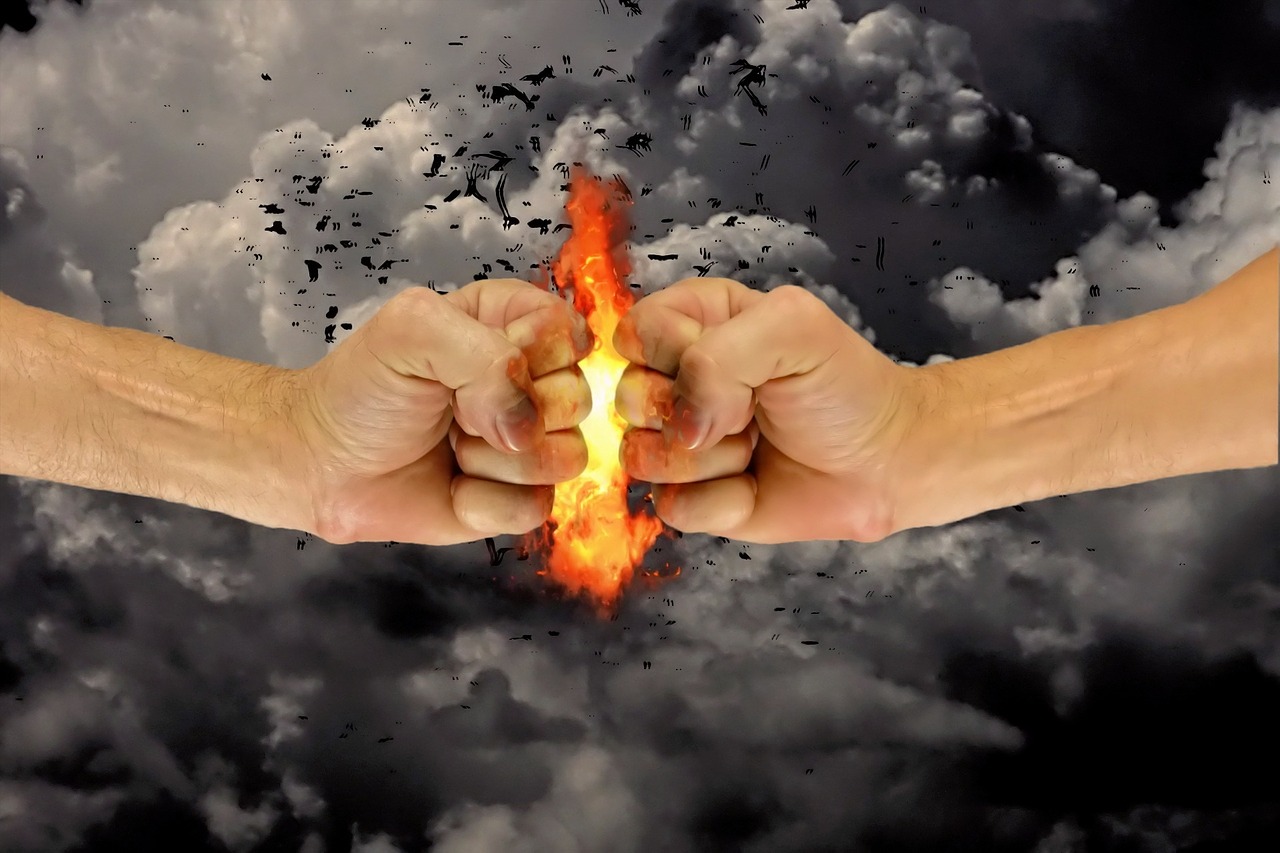 George Orwell should have written this article. And if he were still alive I would have wanted him to. Yet, in one sense, Orwell has already written the article, much more comprehensively, and certainly more definably, than I could.
George Orwell should have written this article. And if he were still alive I would have wanted him to. Yet, in one sense, Orwell has already written the article, much more comprehensively, and certainly more definably, than I could.
What Orwell did in his description of a negative utopia in his masterful novel, l984, was to give the world something that most people never hear about, come to understand, or fully grasp. Something that Americans are desperately asking for: the true reason for war in Iraq.
And Orwell gives it to us.
Power.
We look in all the wrong places. Instead of finding the reason for this war in a doctrine, or a country, or a situation, or even an individual, we should be concentrating our efforts on the invisible, the hidden force, the realm of ideas.
Lew Rockwell recently touched on this very thing. In his excellent article, “War Guilt in Iraq,” Rockwell asks the question many of us are asking ourselves: “Just who is responsible for the disaster (war) in Iraq?”
This is a most important question because, as facts are revealed, we are discovering that the Iraqi war was unnecessary. Pulling back the cover-ups, we find that the administration was given every opportunity by Iraq to avert war, including cooperating with the United States. The offer of conciliation came from Saddam to the U.S. through an emissary. And it smacked of surrender.
As Rockwell interprets Saddam’s offer: “Is the war about terrorism? Ok, we’ll help you fight terrorism. Dictatorship? Ok, we’ll hold free elections. Iraqi support of the Palestinians? Ok, we’ll switch sides. WMDs? We’d dismantle them if we had them. Oil? You can have it. Maybe Iraq would not have followed through on all these promises, but the offer alone shows that Iraq wanted to make a deal. That is the crucial thing.”
Rockwell then concludes that the war was a done deal. The cause, was that Bush was out to get Saddam because of a personal vendetta; or, God told him that the dictator must go—or both.
Those may be the factors involved, but they are not the TRUE reason for the war. The true reason is POWER. And as Orwell so beautifully describes it, Power is an idea that is hidden; which all ideas are, by their nature.
When the young Caesar and his sister are discussing the great power of Rome, Caesar asks, “And what is Rome?” His sister answers, “Rome is an idea,” Which, of course, Caesar, a materialistic megalomaniac does not understand.
In 1984, Orwell makes it quite clear that the term Big Brother is merely a synonym for Power; and the visual symbol for that Power is the glaring face which stares down at the people from every wall within the city.
Still, we are left hanging with the question of what Power means in terms of a society and a nation. The “idea” of Big Brother is frightening enough, but what does it mean; what does Big Brother want?
In his novel, Orwell has O’Brien, the Party’s “mind control” expert, questioning Winston, a “resister”, under torture. “You understand HOW the party retains its power. Now, Winston, tell me WHY we cling to power. What is our motive? Why should we want power?”
“You are ruling over us for our own good,” Winston feebly answers. “You believe that human beings are not fit to rule themselves, and therefore..”
“Stop! That was stupid, Winston! You should know better than to say that! The Party seeks power entirely FOR ITS OWN SAKE. We are not interested in the good of others; we are interested solely in power. Not wealth or luxury or long life or happiness; only power, pure power.
“We are different from all the oligarchies of the past. They came close to us in their methods, but they never had the courage to recognize their own motives. They pretended that they had seized power unwillingly and for a limited time, and that just around the corner lay a paradise where human beings would be free and equal. We are not like that. We know that no one ever seizes power with the intention of relinquishing it Power is not a means; it is an end. The object of power is power.”
Putting what you just read in the context of the war in Iraq, together with the war hawks in the administration insisting on raising the ante in men and equipment, isn’t it just possible that the TRUE reason for this war is simply to gain Power; not for more land, not to save anybody, not to find nuclear weapons, not to switch any alliances, not to end terrorism, not even to confiscate the oil supply.
But simply to grasp and exercise Power, as an end in itself.
We have thoughtfully considered all the reasons presented for going to war with Iraq, and so far none of them has held up, in terms of logic, commonsense, or motives.
Given this small vignette of totalitarianism, and knowing the depth of despotism of which the human mind is capable, Orwell’s proposition of “power for power sake” – as insane as it sounds – can indeed be a reason for going to war. And we should consider this a viable possibility in why we went to war in Iraq.
No, President Bush is not Big Brother. He isn’t even a distant cousin. He is merely a conduit through which the Idea of Power is working within his administration and Defense Department. And when that Power becomes unstoppable, Big Brother appears.
“Published originally at EtherZone.com : republication allowed with this notice and hyperlink intact.”